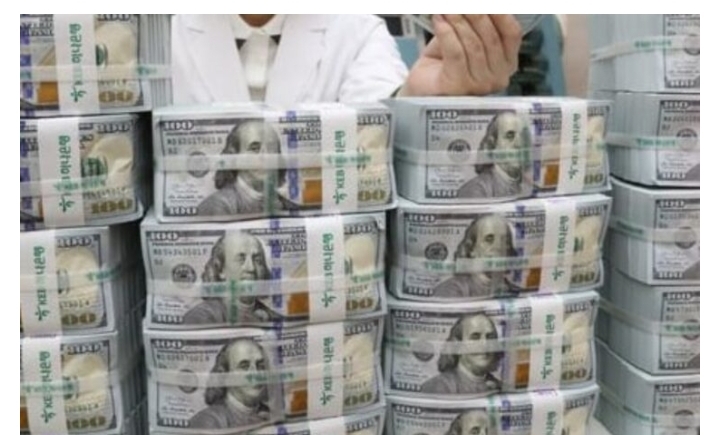ADVERTISEMENT
FG, Dangote refinery petrol supply agreement could reduce pressure on naira
The Nigeria Employers’ Consultative Association (NECA) says the premium motor spirit (PMS) supply agreement between the federal government and Dangote Petroleum Refinery could reduce the pressure on foreign exchange (FX) demand.
On Sunday, NNPC started lifting PMS, also known as petrol, at the Dangote refinery gantry after a protracted period of price negotiations.
The development, seen as a solution to Nigeria’s persistent supply issues, followed the directive from the federal government on Saturday that NNPC will be the sole distributor of petrol produced by the Dangote refinery.
As NNPC began loading PMS from Dangote refinery, the national oil company said the refiner sold the petrol at N898 per litre.
However, Dangote refinery countered the claim, describing it as “misleading and mischievous”.
Following the dispute, NNPC, on Monday, released the estimated pump price of petrol based on prices set by the Dangote refinery.
Addressing the petrol supply agreement, Adewale-Smatt Oyerinde, director-general (DG) of NECA, said the agreement could signal the end of petrol scarcity and also lead to reduced pressure on foreign exchange (FX) demand.
“This singular event has the potential to change the perennial fuel scarcity situation in the country and also reduce the pressure on the naira,” Oyerinde said.
“This new direction would not only benefit the government, it would also have a massive impact on the business community and the Nigerian populace in general.
“It would moderate the cost of fuels, reduce the long queues at filling stations across the country, and support the energy needs of small businesses.”
The NECA DG said while the current pump price remains high due to the dollar-denominated crude oil purchases, the crude-for-naira scheme set to begin on October 1 could lead to a decrease in petrol prices.
He commended the government’s plan to establish a one-stop shop to streamline regulatory processes and harmonise the interests of all stakeholders, including regulatory and security agencies.
According to Oyerinde, the initiative would enhance the efficiency of approvals for refined product lifting and reduce costs.
He identified a similar challenge in the domestic gas market, where gas prices are pegged to the United States dollar.
The DG said industries, particularly the manufacturing sector, have faced production setbacks due to limited foreign exchange and naira instability, making gas purchases for production more challenging.
Oyerinde encouraged the government to adopt a similar approach by benchmarking gas prices in naira to support local industries, especially manufacturers.



























